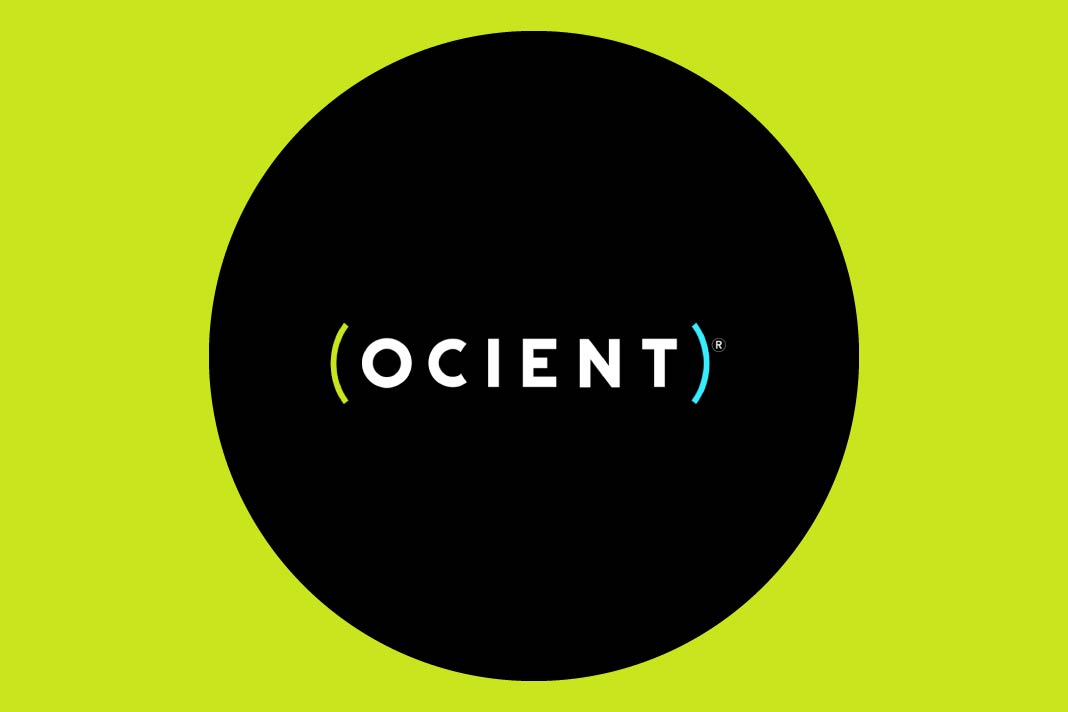Ocient’s report finds nearly half of enterprises struggle to see AI results due to poor data quality, complexity, and rising security and compliance pressures.
Ocient, the leading data analytics software solutions company, today released its annual Beyond Big Data report, “From Roadmap to Reality,” revealing that nearly half of enterprises have yet to realize meaningful revenue growth from AI investments — with poor data quality and overtaxed infrastructures to blame. Meanwhile, security and compliance pressures are shaping enterprise deployment strategies that prioritize flexibility and cost savings, driving movement away from the cloud.
Surveying more than 500 IT and data leaders managing workloads of 150 terabytes or more, the report highlights how the ongoing rapid growth of data, combined with increasingly complex AI and analytics workloads and stricter compliance requirements, has pushed infrastructures to an inflection point. To keep pace, control costs, and remain competitive, IT and data leaders are overhauling their data architectures with modern solutions, adopting flexible deployment strategies, and investing in systems to enhance security, strengthen data governance, and ensure sustainable data performance as AI workloads grow.
“Today’s enterprise IT and data leaders face a critical challenge: ensuring data remains a source of opportunity rather than a vulnerability,” said John Morris, CEO of Ocient. “The latest Beyond Big Data report makes it clear that without efficient, secure, and flexible data foundations, enterprises limit their ability to turn data into AI-driven business results.”
Beyond Big Data: From Roadmap to Reality key findings:
AI Performance Gaps Signal Greater Challenges
- Respondents cite data quality (55%) and the scalability of their existing solutions (48%) as the top barriers to unlocking AI’s full potential.
- 84% say AI initiatives have significantly increased the complexity of their data processing requirements.
- Talent remains a bottleneck, with 46% of respondents citing difficulty in finding skilled staff for AI/ML workloads.
Security Pressures Keep Rising
- Security has been leaders’ top pain point every year since launching the Beyond Big Data report in 2022
- In 2023, 55% of leaders cited security as a top investment area. In 2025, that number has jumped to 75%
- More than 60% of leaders say data security and privacy are their biggest concerns when implementing AI/ML.
- As a result, security and compliance are shaping shifts in data deployment strategies
- 53% of leaders would shift their deployment strategy for enhanced security
- 51% of leaders would shift their deployment strategy for better data sovereignty/compliance
Cloud-Only Strategies Are Losing Ground
- Rising data volumes are challenging deployment strategies, with nearly half (49%) of leaders citing ‘data is growing too fast’ as the top barrier to unlocking full data value, followed by cost (46%).
- Only 23% of respondents now prioritize cloud-only deployments, a 13% decrease from 2024.
- Database and warehouse modernization is accelerating rapidly, increasing from 58% in 2023 to 75% in 2025 as enterprises prepare for hybrid and on-premises workloads.
- Over half of leaders anticipate that 50% or more of their AI/ML workloads will be deployed in the hybrid cloud within three years.
Also Read: How Is Neat Transforming Hybrid Work with AI and Inclusivity?
Industry Perspectives: AdTech and Communications Service Providers (CSPs)
- AdTech: Over 80% of AdTech leaders are modernizing their infrastructure, with a strong focus on predictive AI to improve targeting, performance, and real-time campaign optimization.
- CSP: Telco and CSP leaders are making strategic investments in critical systems to meet growing data requirements and prepare for enterprise AI needs, while over 50% continue to face skilled staffing gaps that challenge data analysis.



